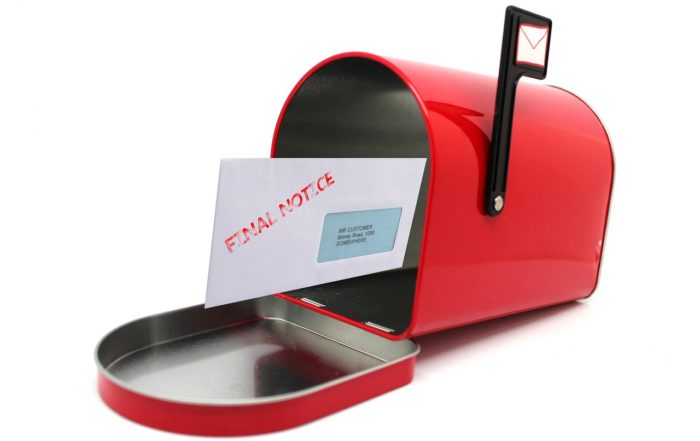What Every Employer Needs to Know
The marijuana industry is huge and growing. In 2017, legal marijuana was a $1.5 billion industry in Colorado alone according to data from the Colorado Department of Revenue, and it has been identified by many analysts as one of the fastest growing industries in the United States.
To date, 33 states and the District of Columbia have legalized either medical marijuana or recreational marijuana, or, in some jurisdictions, both. But the federal Controlled Substances Act still categorizes marijuana as a Schedule 1 drug, which means selling less than 50 kilograms of marijuana is punishable by up to five years in prison and a $250,000 fine. This disconnect between state and federal laws raises a lot of questions for business owners for which there are few definitive answers.
The issues surrounding legalized marijuana use are new and just being sorted out by the courts and legislatures—each state will resolve them differently. Here is what business owners need to know about marijuana now.
Marijuana Use During Working Hours
Under current law, employers do not have to allow employees to use marijuana at work. Of the 33 states that have legalized some use of marijuana, 19 of them have passed statutes providing that employers do not need to accommodate marijuana use on their premises during work hours. Four of those 19 statutes go one step further and provide that employers may discipline employees if they are discovered to be under the influence of marijuana, even if the employee is using it lawfully under state law. While four other states have been silent on the issue, no state has expressly stated that marijuana use must be permitted on an employer’s premises during work hours. Employers can rest assured that they can continue to maintain drug-free workplaces under present law.
Marijuana Use During Non-Working Hours
What about using marijuana during non-working hours and off company premises that may result in a positive drug test? Courts in Arizona, Delaware, and Minnesota have held that a positive drug test is not enough for an employee to be terminated. By contrast, courts in California, Montana, Oregon, and Washington have held that employers can have a zero tolerance policy, meaning they can terminate an employee simply based on positive drug test results. Other state courts have not yet had the opportunity to interpret this issue.
Takeaways
As laws continue to change and more states allow marijuana use for medical or recreational purposes, employers must continuously monitor and update their policies. Employers must also remain aware of and in compliance with any notice requirements for employee drug testing. Despite the changing legal landscape around marijuana, employers can have faith in the fact that, to date, courts have generally been empathetic to employers who want to protect the safety and drug-free nature of the workplace.
If you have any questions about how your state’s marijuana laws affect your current policies, give us a call at (972) 712-1515. We can help you develop or revise employment policies to ensure they comply with current federal and state requirements.
Why Singles Should Worry about Estate Planning
Why Singles Should Worry about Estate Plannings -What To Know Several Reasons Single People Still Need To Be Concerned With Estate Planning When you’re putting together an estate plan, you often choose your spouse ...
Warning: Don’t Let Creditors Inherit from You or Your Spouse
Don't Let Creditors Steal From Your Loved Ones - What To Know How To Ensure Your Spouse Receives Your Retirement Accounts and Not Creditors In most cases, spouses will inherit any of your ...
Can a Beneficiary Also Be a Trustee of a Trust?
Can a Beneficiary Also Be a Trustee of a Trust? -What To Know Many people, creating a revocable living trust, designate their children as the beneficiaries. But, they need to choose a person ...






